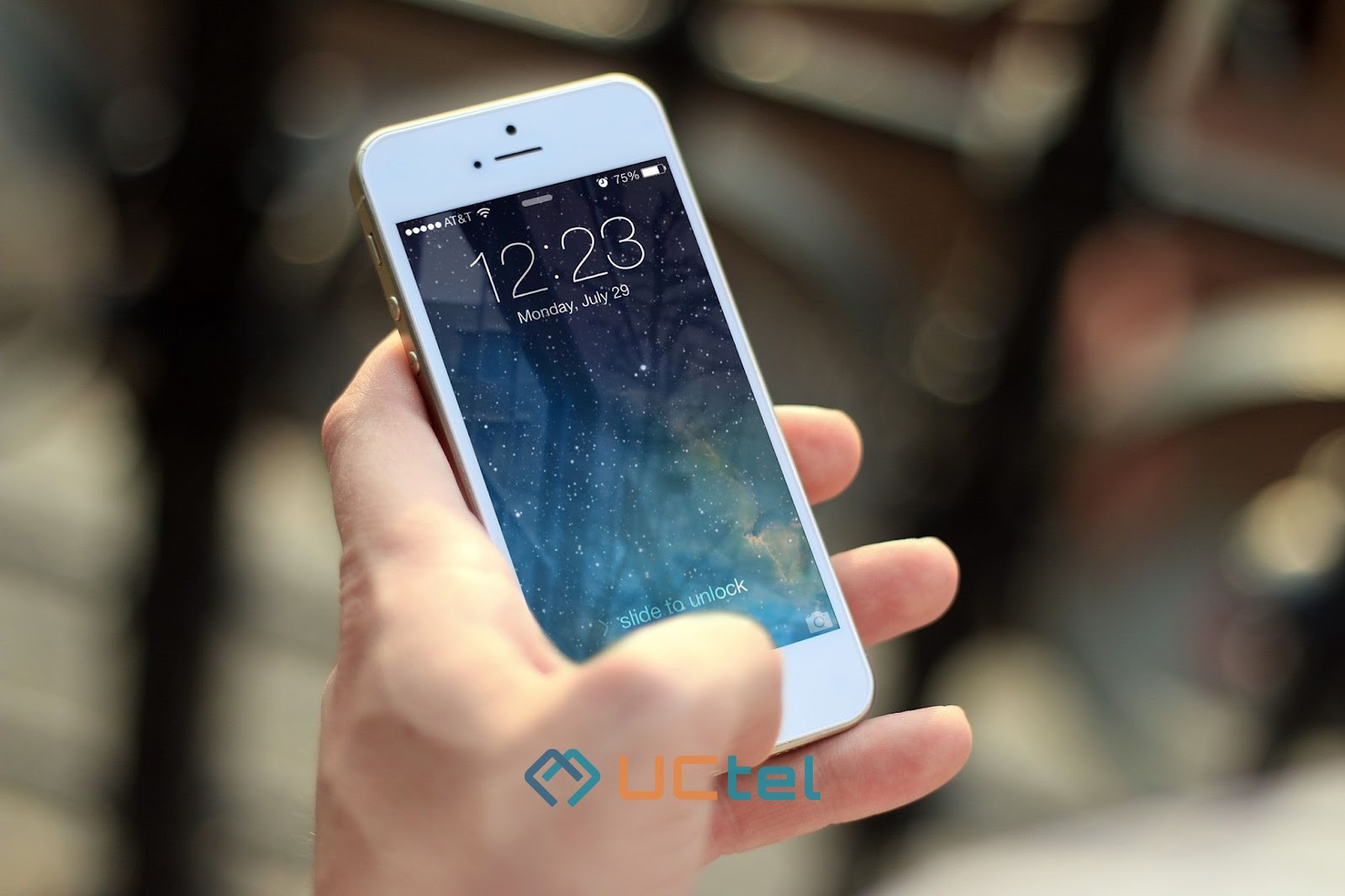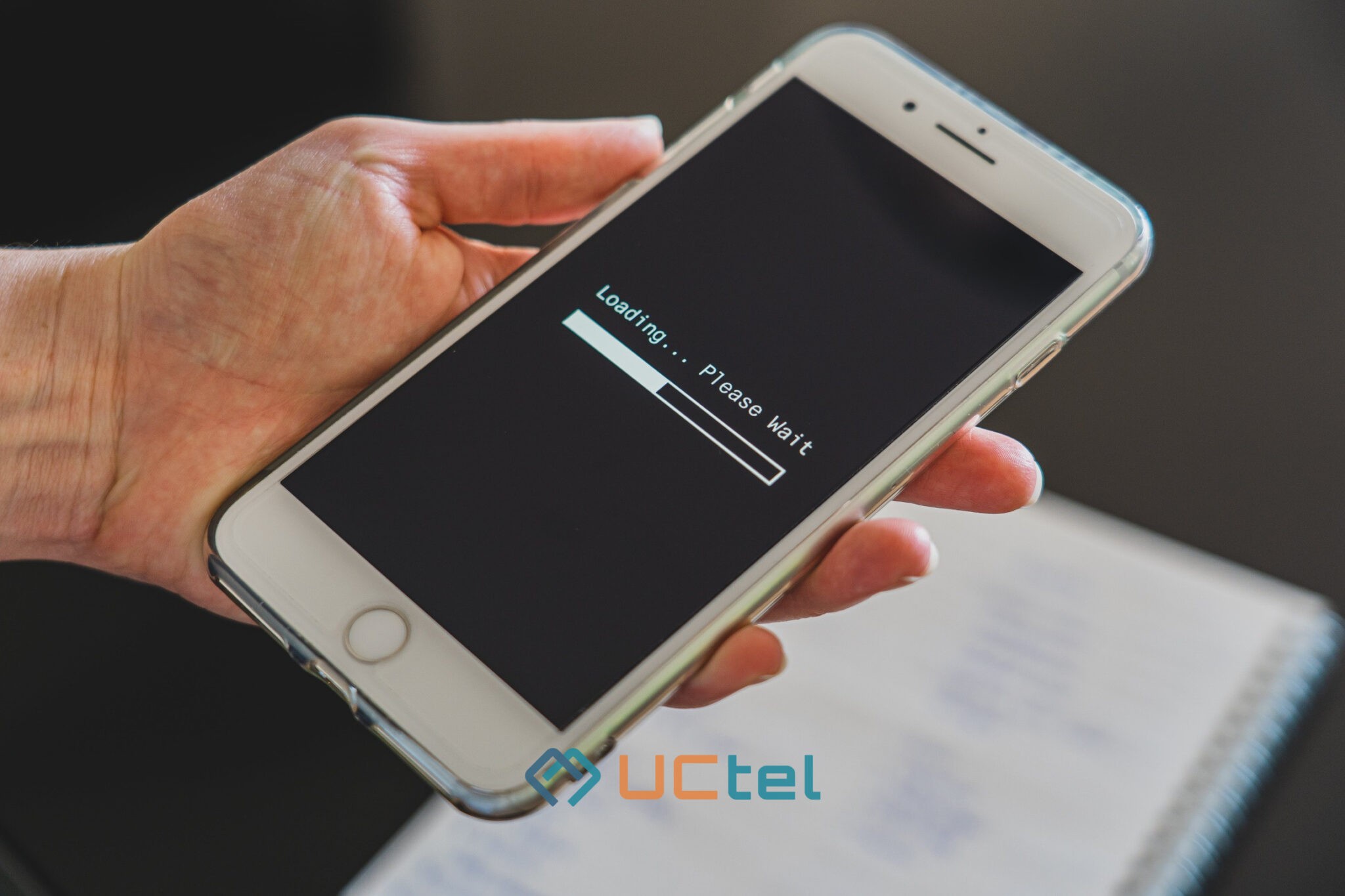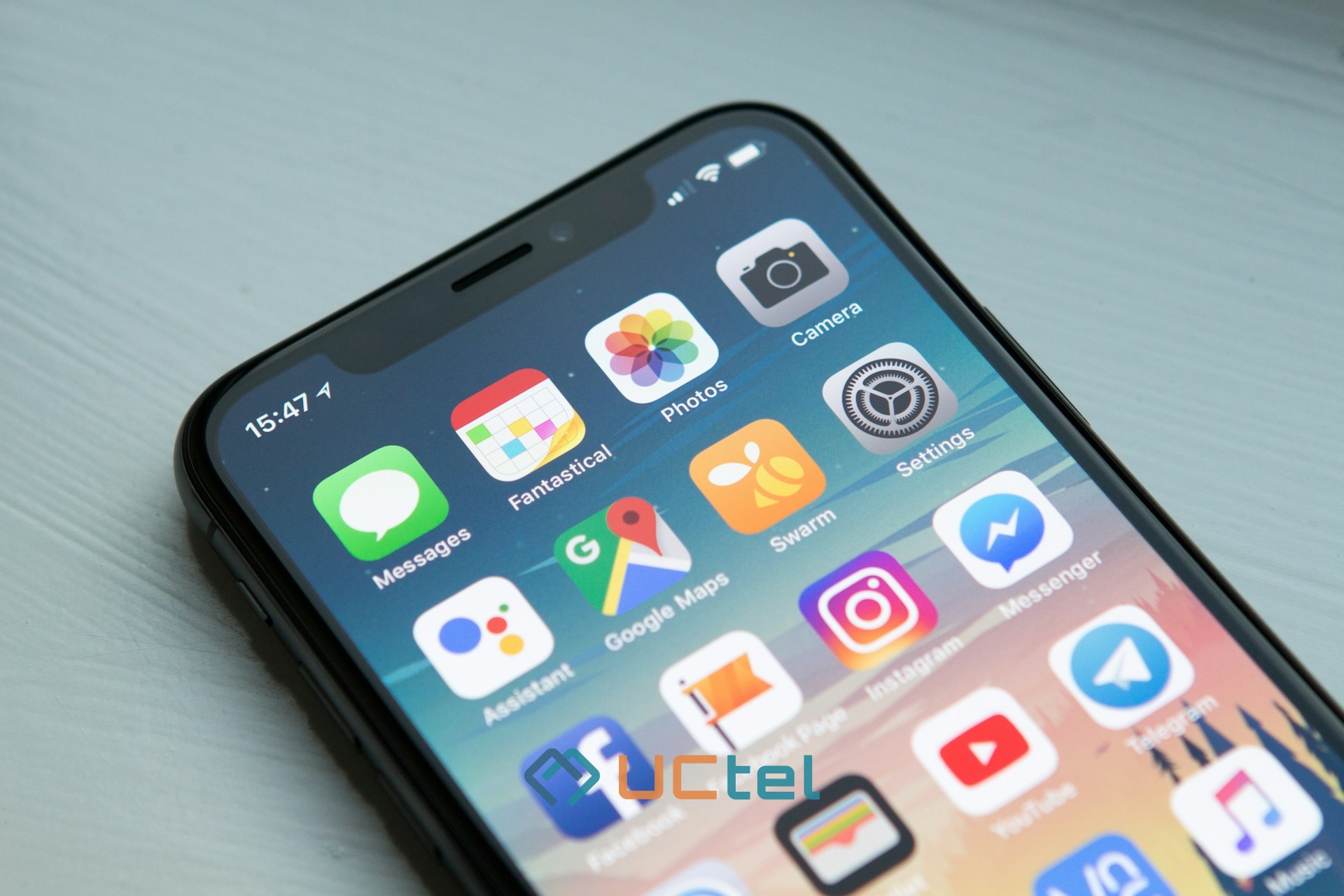
Mobile phone signal booster for hospitality businesses and hotels to keep guests connected
Table of contents
- 1. Why hotels and restaurants struggle with poor indoor mobile coverage
- 2. The critical importance of reliable mobile phone service in hospitality
- 3. Understanding the limitations of WiFi-only solutions
- 4. Passive DAS systems : the most practical solution for most hotels
- 5. Choosing the right signal booster for different property sizes
- 6. Professional installation and system optimization
- 7. Maximizing ROI through enhanced guest experience and operational efficiency
Modern hospitality businesses face an unprecedented challenge : guests now consider reliable mobile phone connectivity a fundamental amenity rather than a luxury convenience. Poor mobile service directly impacts guest satisfaction scores, generates negative online reviews, and ultimately affects revenue streams. Traditional WiFi networks alone cannot meet today's connectivity demands in our mobile-first world. Properties without adequate mobile phone signal booster for hospitality coverage risk losing competitive advantage as travelers increasingly prioritize establishments offering seamless mobile phone communication throughout their stay. This comprehensive guide explores why hospitality venues struggle with indoor signal issues, examines available booster solutions, and provides actionable guidance for selecting optimal systems based on property size and requirements.
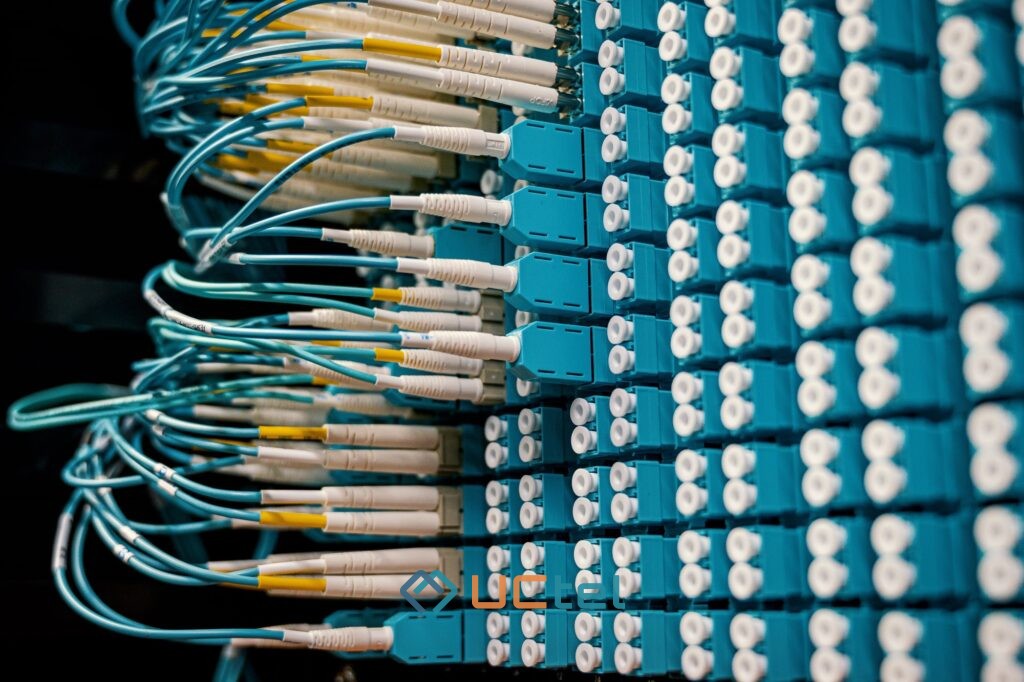
Why hotels and restaurants struggle with poor indoor mobile coverage
Building construction materials create the primary barrier preventing mobile phone signals from penetrating indoor spaces effectively. Concrete walls containing steel reinforcement act as natural barriers, blocking or significantly weakening carrier signals before they reach interior areas. Energy-efficient Low-E glass windows, while environmentally beneficial, contain metallic coatings that reflect mobile phone frequencies away from buildings. Metal roofing systems and structural steel frameworks further compound these signal interference challenges, creating comprehensive barriers to signal penetration.
Construction materials that block mobile signals
Modern construction techniques prioritize energy efficiency, often incorporating materials that inadvertently worsen mobile phone reception problems. Insulated concrete forms, vapor barriers, and radiant heat barriers all contribute to reduced signal transmission effectiveness. These materials create a conflict between environmental sustainability goals and guest connectivity expectations, requiring specialized signal enhancement solutions.
| Construction Material | Signal Loss (dB) | Impact Level |
| Standard Drywall | 3-4 dB | Low |
| Concrete Walls | 12-18 dB | High |
| Low-E Glass | 24-40 dB | Severe |
| Metal Roofing | 32-50 dB | Severe |
Geographic and distance challenges
Rural hospitality properties face additional obstacles beyond construction materials. Distance from mobile phone towers significantly reduces signal strength before signals even reach building exteriors. Topographical features including mountains, valleys, and dense forests create natural barriers that weaken signal propagation. Large hotel complexes and resorts present unique challenges due to their extensive layouts, creating multiple dead zones even when some areas receive adequate coverage.
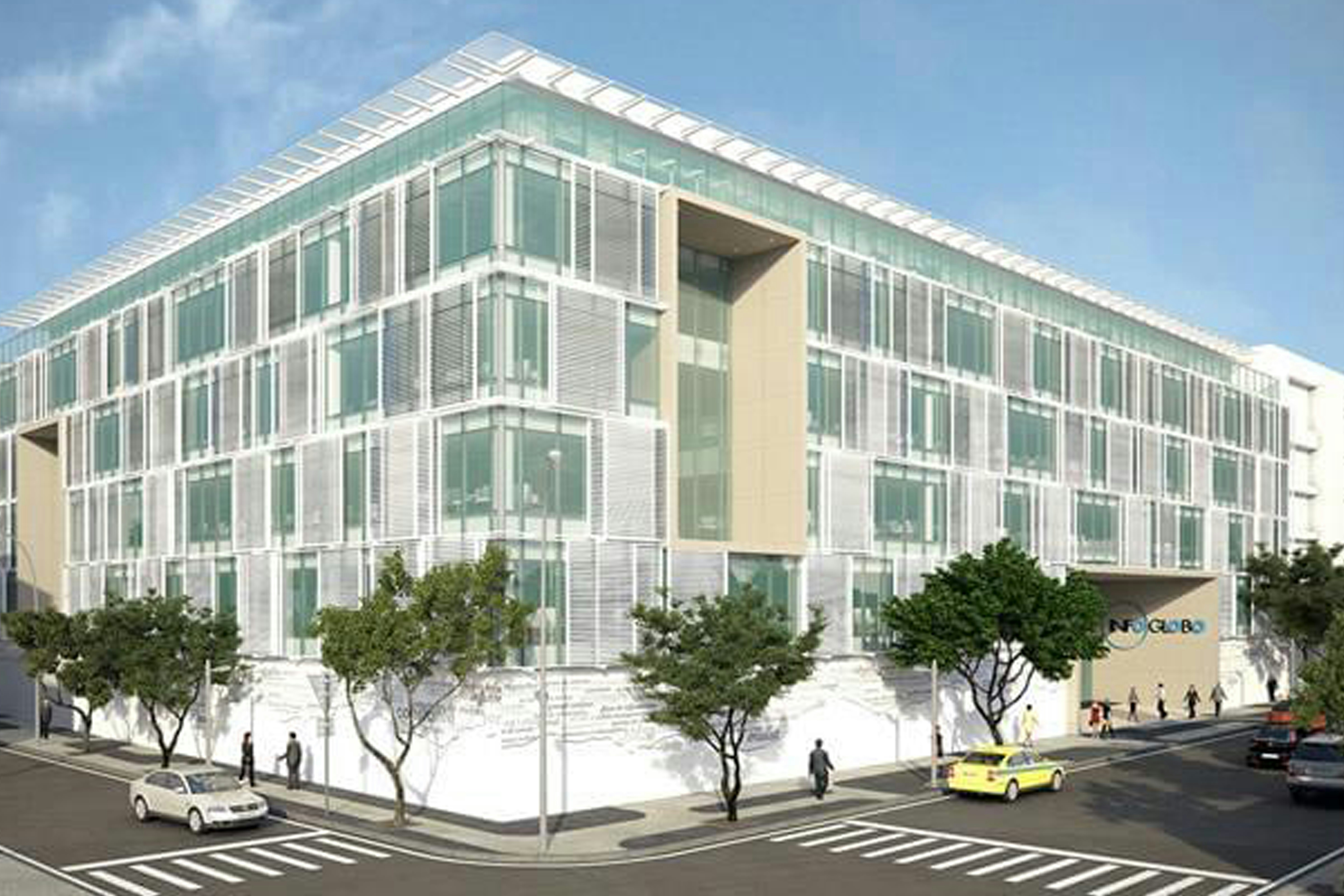
The critical importance of reliable mobile phone service in hospitality
Guest expectations have evolved dramatically, with seamless mobile phone connectivity now considered essential infrastructure rather than premium amenity. Poor mobile service directly correlates with negative online reviews, which can devastate property reputation and reduce future booking rates. Business travelers particularly depend on reliable mobile phone performance for conference calls, mobile hotspots, and secure access to corporate networks throughout their stays.
Guest satisfaction and review impact
Research indicates that properties with poor mobile phone coverage receive 23% more connectivity-related complaints compared to establishments with robust signal systems. Modern travelers expect to maintain productivity and communication capabilities regardless of their location within hospitality properties. Mobile check-in systems, digital menu access, and contactless payment options all require consistent wireless connectivity to function properly.
- Conference call reliability for business travelers
- Social media sharing and digital communication
- Mobile payment processing and digital transactions
- Emergency communication capabilities
- Remote work functionality and productivity
Staff productivity and safety considerations
mobile phone communication serves as critical backup during emergencies when primary systems fail. Staff productivity improves significantly with dependable mobile phone service, enabling better interdepartmental communication and mobile point-of-sale functionality. Security systems often rely on mobile phone networks for backup connectivity when internet connections experience interruptions.
Understanding the limitations of WiFi-only solutions
WiFi networks become overwhelmed in hospitality environments accommodating hundreds or thousands of simultaneous users, resulting in reduced speeds and frequent connection drops. Security concerns make many guests reluctant to use public WiFi networks for sensitive activities including banking or confidential business communications. Guests increasingly prefer utilizing their mobile phone signals as mobile hotspots, which requires strong underlying wireless signal strength to function effectively.
Capacity and security limitations
Network congestion during peak usage periods significantly impacts WiFi performance, particularly in conference areas and common spaces. Dead zones in large buildings affect WiFi coverage consistency, while complete service interruptions during equipment failures or power outages highlight reliability vulnerabilities. Many security-conscious guests avoid public networks entirely, relying exclusively on mobile phone connectivity for all communication needs.
- Bandwidth limitations during peak occupancy periods
- Security vulnerabilities inherent in public networks
- Equipment failure points creating service interruptions
- Coverage gaps in large or complex building layouts
Reliability and redundancy benefits
mobile phone service provides essential redundancy and backup connectivity that hospitality businesses require for continuous operations. Unlike WiFi systems dependent on single points of failure, mobile phone networks offer distributed infrastructure with built-in redundancy. This reliability becomes particularly critical during emergencies or network outages when alternative communication methods prove essential.
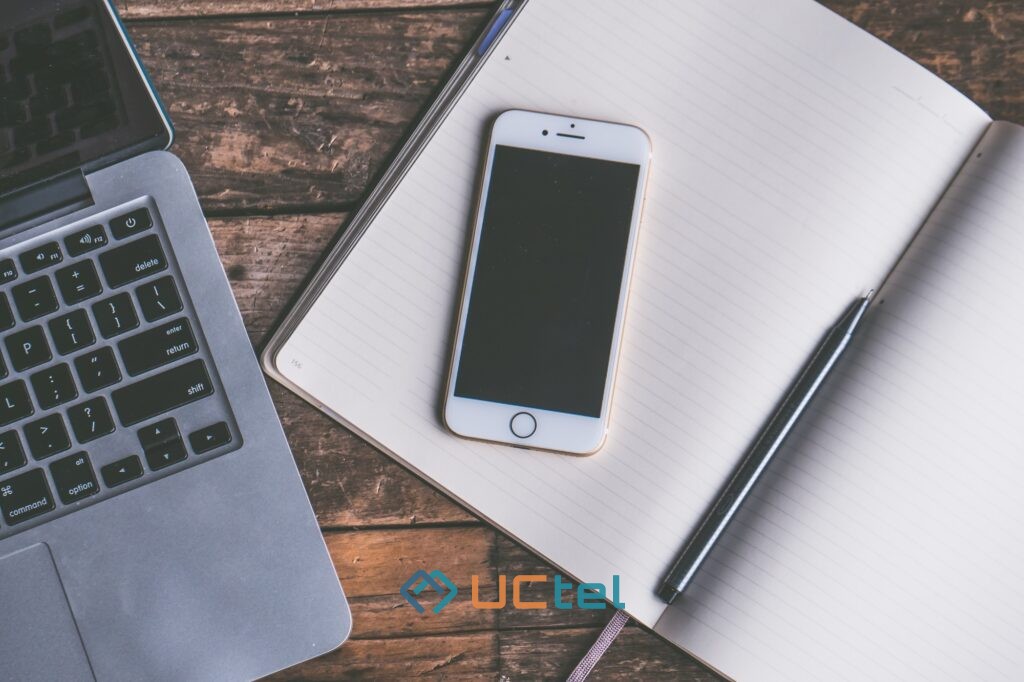
Passive DAS systems : the most practical solution for most hotels
Passive DAS systems function as signal boosters that amplify existing mobile phone signals from all carriers simultaneously without requiring individual carrier agreements or approvals. Installation timelines prove much faster, with passive systems often deployed within days versus months required for active alternatives.
Cost and timeline advantages
Passive signal boosters eliminate lengthy approval processes required for active systems, which can take up to six months per carrier. Installation costs remain substantially lower due to simplified equipment requirements and reduced complexity. These systems work automatically with all major carriers without separate negotiations or ongoing fees.
| System Type | Installation Time | Carrier Approval |
| Passive DAS | Days to Weeks | Not Required |
| Active DAS | 3-6 Months | Required Each |
Multi-carrier compatibility
Modern mobile phone boosters support both current 4G LTE and emerging 5G technologies across multiple frequency bands. This compatibility ensures future-proofing as mobile phone technology continues evolving. The main limitation involves dependency on existing outside signal quality, making these systems unsuitable for areas with extremely poor outdoor coverage.
Choosing the right signal booster for different property sizes
Small properties including bed and breakfasts or boutique hotels benefit from systems covering 740 to 2,300 square meters with DIY installation options. These entry-level booster solutions provide cost-effective signal improvement for properties with limited budgets and straightforward layouts. Mid-size properties require professional installation systems covering up to 3,200 square meters with scalable coverage capabilities.
Small property solutions
Compact hospitality venues can achieve significant signal enhancement through carefully selected consumer-grade systems designed for commercial applications. These solutions typically support all major carriers while remaining budget-friendly for smaller operations. Installation complexity remains manageable for property maintenance staff with basic technical knowledge.
Enterprise and industrial systems
Large hotels and resorts require enterprise-level solutions covering 3,700 to 9,300 square meters with multiple antenna configurations and remote management capabilities. Industrial solutions support 200+ simultaneous users across coverage areas reaching 37,000 square meters when properly configured with multiple units. System selection depends on building construction, outside signal strength, expected user load, and budget considerations.
| Property Size | Coverage Area | Installation Type | User Capacity |
| Small (B&B, Boutique) | up to 2,300 sq mt | DIY/Simple | 20-50 users |
| Mid-size (Standard Hotel) | 2,300-3,250 sq mt | Professional | 50-100 users |
| Large (Resort, Convention) | 3,700-9,300 sq mt | Enterprise | 100-200+ users |
Professional installation and system optimization
Professional site surveys and system design ensure optimal performance, particularly for larger hospitality properties with complex layouts and demanding coverage requirements. Certified technicians evaluate building construction materials, measure existing signal detection levels, and design customized solutions based on specific coverage needs and usage patterns.
Site survey and design process
The installation process encompasses strategic antenna placement, careful cable routing considerations, and seamless integration with existing building systems. Professional teams minimize disruption to hotel operations during deployment through comprehensive project management and phased implementation schedules. Proper antenna positioning proves critical for maximizing coverage area while avoiding signal interference issues.
- Comprehensive signal strength measurements throughout property
- Building material analysis and construction assessment
- Coverage requirement mapping and capacity planning
- Equipment selection based on specific needs
- Installation timeline coordination with operations
Testing and ongoing support
Post-installation testing and optimization procedures ensure systems meet performance expectations throughout entire properties. Remote signal monitoring capabilities allow system management without requiring on-site visits for routine maintenance. Warranty coverage and comprehensive technical support services protect investments while ensuring continued optimal performance.
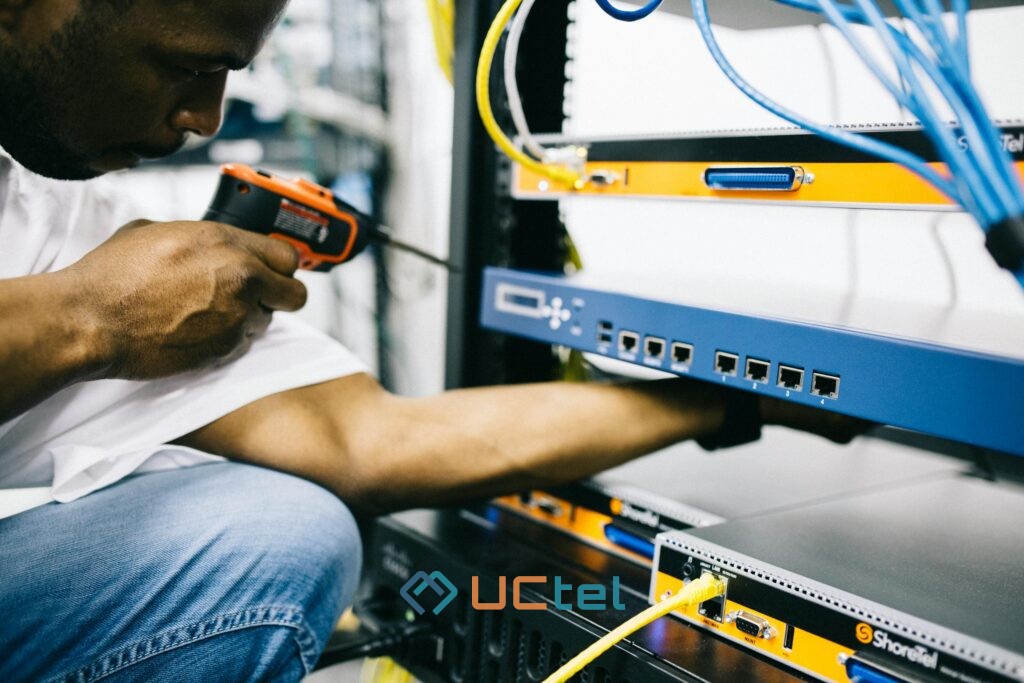
Maximizing ROI through enhanced guest experience and operational efficiency
Return on investment materializes through improved guest satisfaction scores and dramatically reduced connectivity-related complaints. Reliable mobile phone service enables marketing connectivity as a premium amenity, potentially justifying higher room rates or improving booking conversion rates. Operational efficiency gains include enhanced staff communication, faster mobile point-of-sale transactions, and improved security system reliability.
Revenue and competitive benefits
Properties offering superior connectivity gain significant competitive advantages compared to establishments without signal boosting solutions. Positive online reviews resulting from consistently reliable mobile phone performance create long-term marketing value that extends far beyond initial investment costs. Enhanced connectivity becomes a differentiating factor that influences booking decisions and guest loyalty.
Long-term value and scalability
Signal systems future-proof properties for evolving mobile phone technology and increasing guest connectivity demands. Scalability options allow systems to grow alongside property expansions or increased capacity requirements. The investment in robust mobile phone infrastructure pays dividends through sustained competitive positioning and operational exmobileence in an increasingly connected hospitality landscape.
Contact us today to request a personalized quote for installing a mobile phone signal booster for hospitality and hotel businesses.



